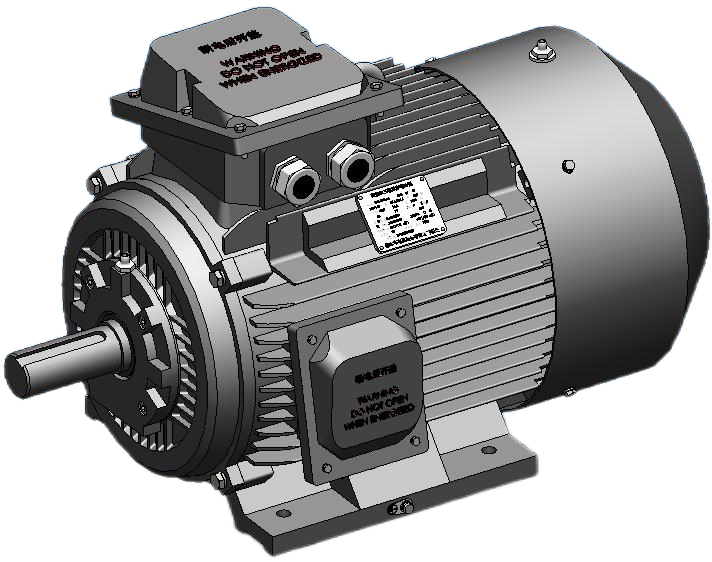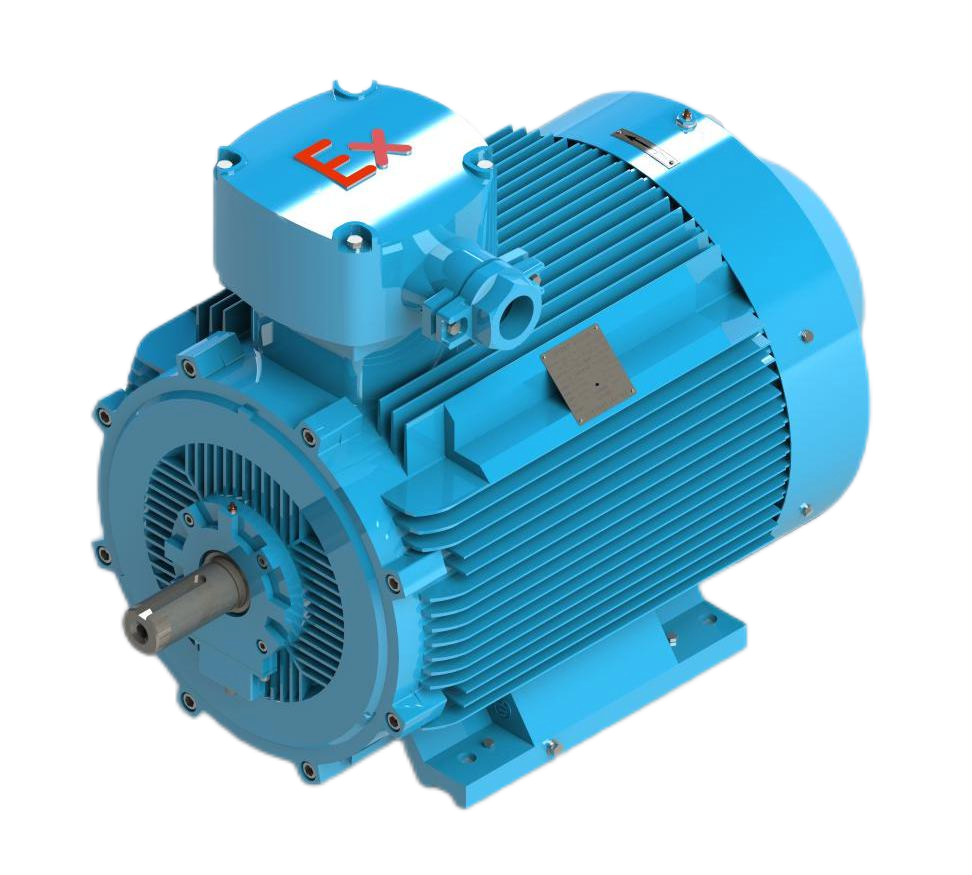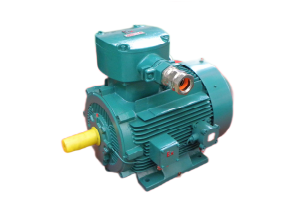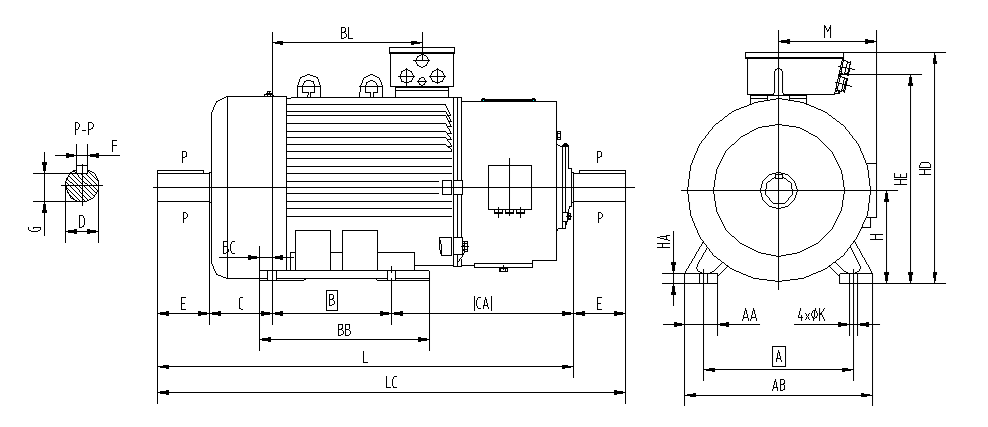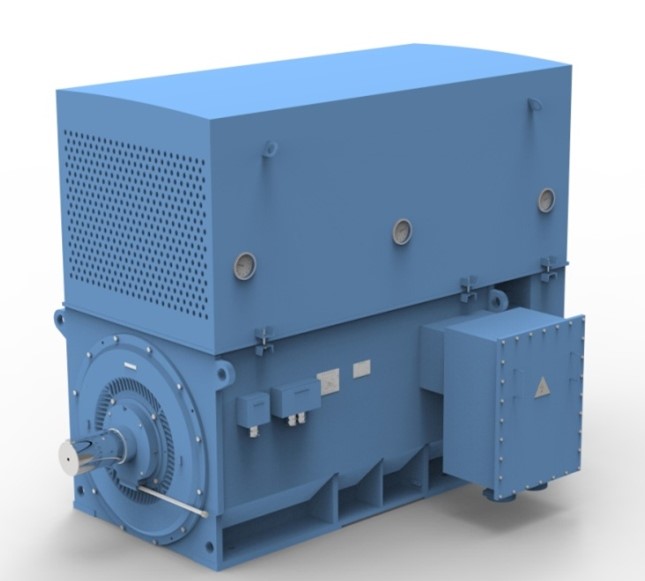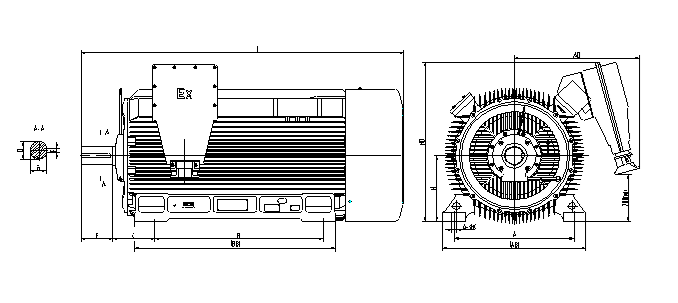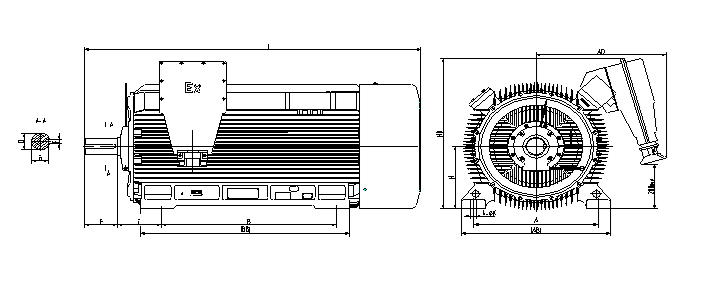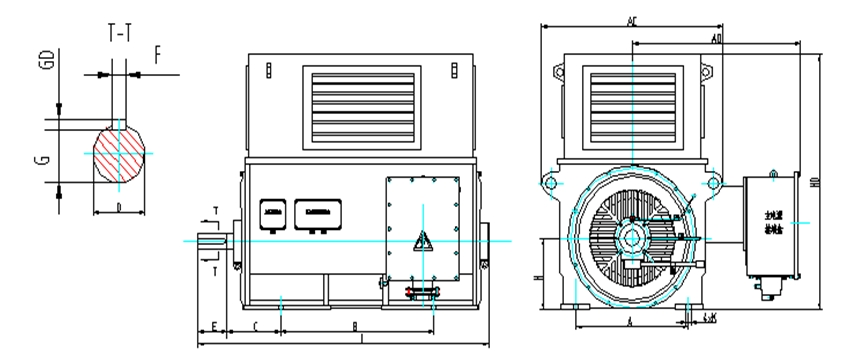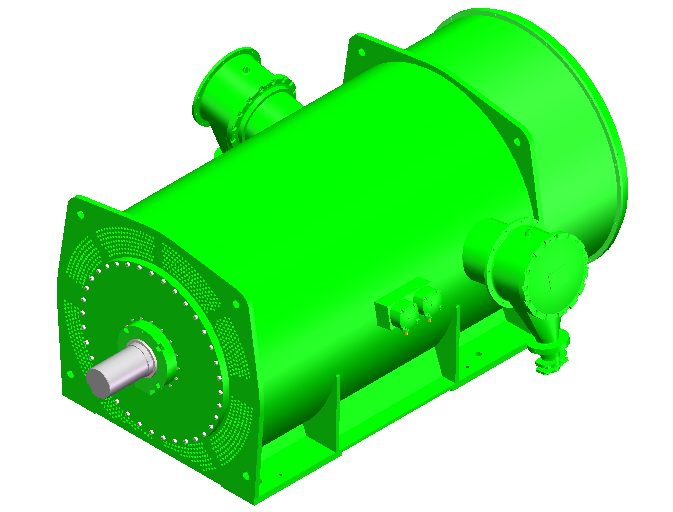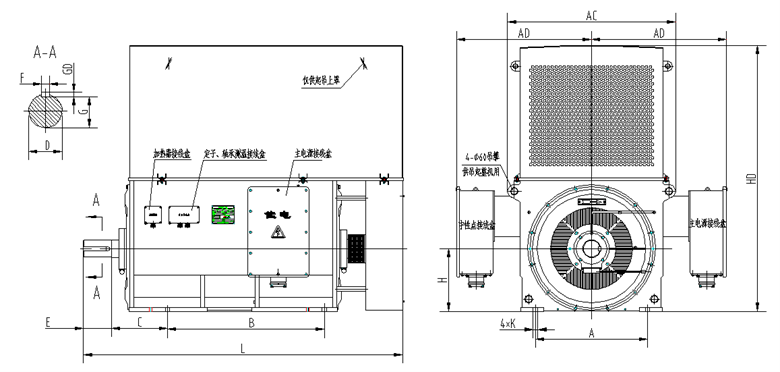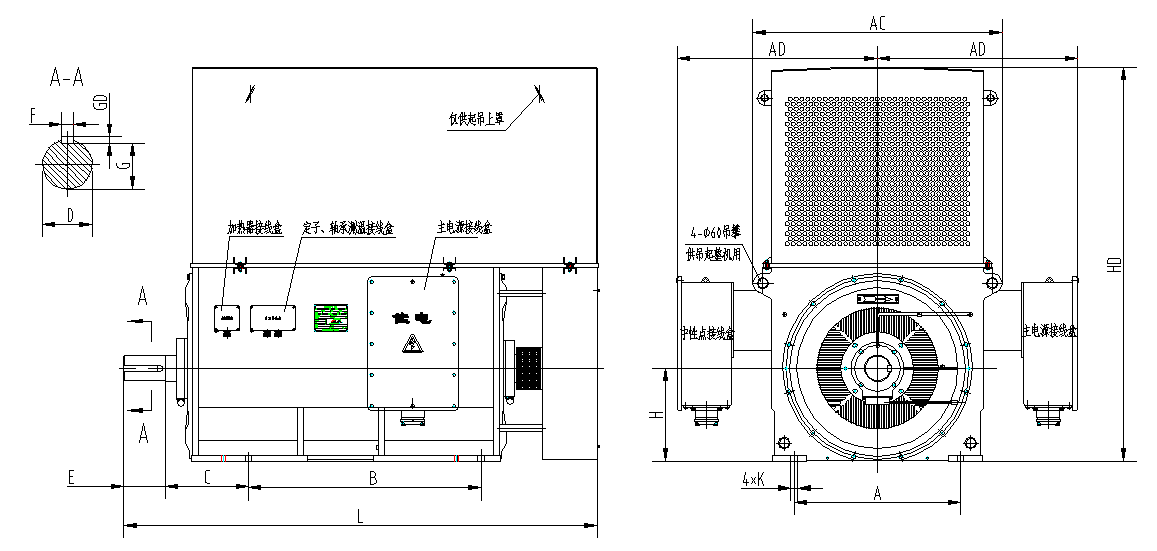 Wedoany.com Report-Feb 13, The $5 billion National Electric Vehicle Infrastructure (NEVI) program, aimed at establishing a nationwide network of public EV fast charging stations, has been halted by President Trump. The program, funded under the 2021 Bipartisan Infrastructure Law, had already allocated significant resources, with 39 states issuing solicitations and eight states opening NEVI-funded stations, totaling 61 ports. Over 2,500 additional ports were in the pipeline. The freeze disrupts state and private investments but does not entirely halt EV charging infrastructure development.
Wedoany.com Report-Feb 13, The $5 billion National Electric Vehicle Infrastructure (NEVI) program, aimed at establishing a nationwide network of public EV fast charging stations, has been halted by President Trump. The program, funded under the 2021 Bipartisan Infrastructure Law, had already allocated significant resources, with 39 states issuing solicitations and eight states opening NEVI-funded stations, totaling 61 ports. Over 2,500 additional ports were in the pipeline. The freeze disrupts state and private investments but does not entirely halt EV charging infrastructure development.
Private initiatives like the IONNA joint venture, involving automakers such as BMW, General Motors, and Toyota, are advancing EV charging solutions. IONNA plans to deploy 1,000 charging bays by the end of 2024, with a long-term goal of 30,000 bays over five years. Their “Rechargery” model offers a lounge-style experience, seamless reservations, and AI-assisted payment systems, aiming to enhance the EV charging experience.
Green banks and utilities are also supporting EV infrastructure. The New York Green Bank recently financed Revel’s installation of 267 charging ports, while Illinois utility ComEd launched a $100 million rebate program for home and commercial EV chargers. Ford is extending its free home charger and installation offer through March 2025 to boost EV adoption.
In the rental housing market, startups are offering turnkey EV charging solutions to address landlord and tenant challenges. Fleet electrification efforts continue, with CLEAResult introducing the “ChooseEV” tool to help utilities and fleet owners transition to EVs. Despite the NEVI freeze, multiple stakeholders are driving the expansion of EV charging infrastructure across the U.S.
